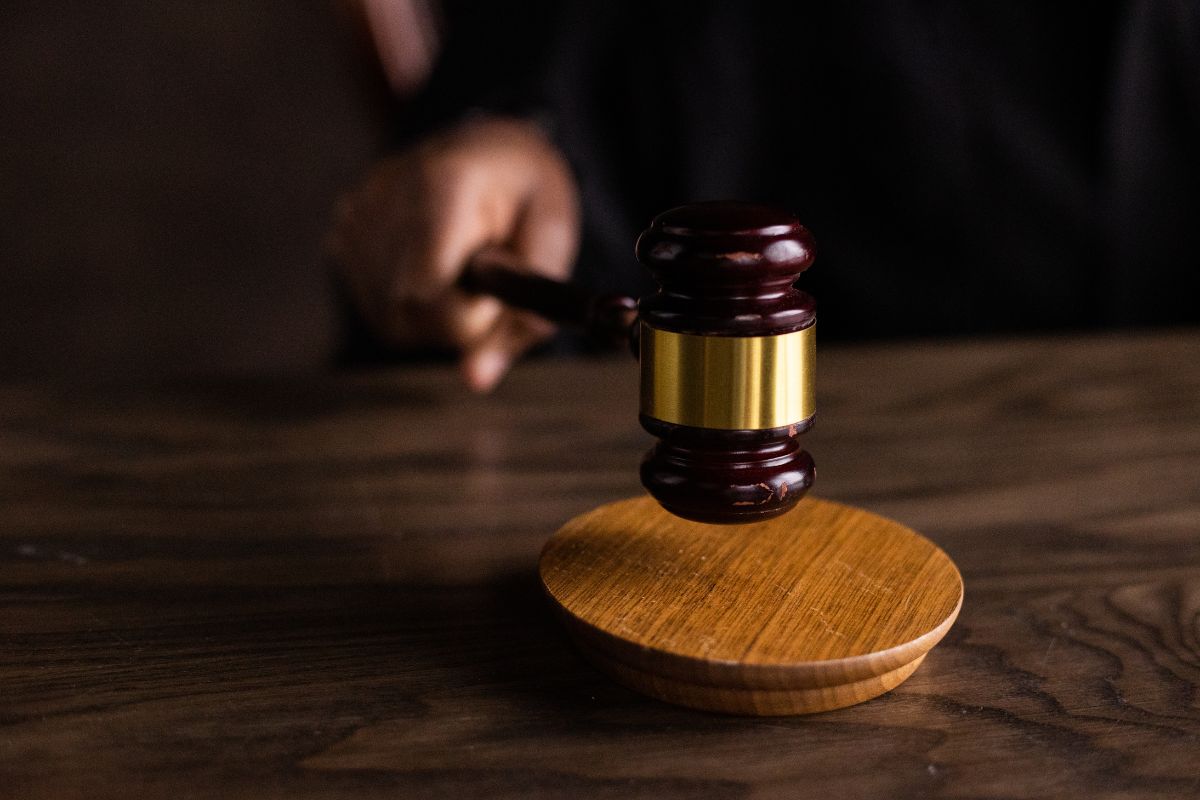Stay of Proceedings
A stay of proceedings refers to the suspension or halting of court proceedings in the criminal court process, which can be initiated either at the direction of the prosecuting authority (prosecutorial stay) or by a judge (judicial stay). In the case of a prosecutorial stay, the Crown holds the authority to suspend the proceedings, they have the option to restart the legal process within a year as per s. 579(1) of the Criminal Code. On the other hand, a judicial stay, ordered by a judge, results in a permanent suspension of the proceedings. Typically, a judicial stay is employed as a remedy for severe violations of the Canadian Charter of Rights and Freedoms (for example, breaches of your right to remain silent), aiming to safeguard individual rights and liberties.
What is a Prosecutorial Stay?
A prosecutorial stay occurs when the Crown prosecutor exercises the authority granted under s. 579(1) of the Criminal Code to suspend court proceedings, though in some cases the Crown may instead decide to drop criminal charges. Within this provision, the Crown is empowered to stay the proceedings for a maximum duration of one year. It is crucial to note that if the proceedings are not reinitiated within this stipulated time frame, they are legally considered to have never commenced.
The decision to opt for a prosecutorial stay can be based on various reasons, reflecting the complexity of legal considerations. Such grounds may include situations where there is insufficient evidence to support a reasonable prospect of conviction, instances where pursuing the prosecution would not serve the public interest, or when a youth offender is referred to extrajudicial sanctions such as an alternative measure. Each of these considerations plays a significant role in the decision-making process for the Crown when contemplating the stay of proceedings.
What is a Judicial Stay of Proceedings?
A judicial stay of proceedings represents the most profound recourse within our legal system, as it permanently precludes any revisit of charges against the individual concerned. This exceptional measure is sparingly granted and typically arises in rare circumstances, specifically when the integrity of the justice system comes under scrutiny.
An illustrative 1995 Supreme Court ruling, R. v. O’Connor, 1995 CanLII 51 (SCC), [1995] 4 SCR 411, sheds light on the instances where such stays are deemed appropriate. The judgment underscores that the trial judge may exercise their discretion to order a stay only in the “clearest of cases,” demanding unequivocal conviction that proceeding further with the trial would severely compromise the integrity of the judicial process.
Granting a judicial stay of proceedings is a momentous step for the court, taken only when an individual’s Charter rights have suffered such severe breaches that the sole recourse remains to stay the proceedings. The authority for trial judges to issue such stays is derived from s.24(1) of the Canadian Charter of Rights and Freedoms. This section stipulates that if an individual’s rights or freedoms, as guaranteed by the Charter, have been infringed or denied, they are entitled to seek appropriate and just remedies from the court under the prevailing circumstances, and should consider retaining a lawyer to assess whether a stay is the appropriate remedy.








